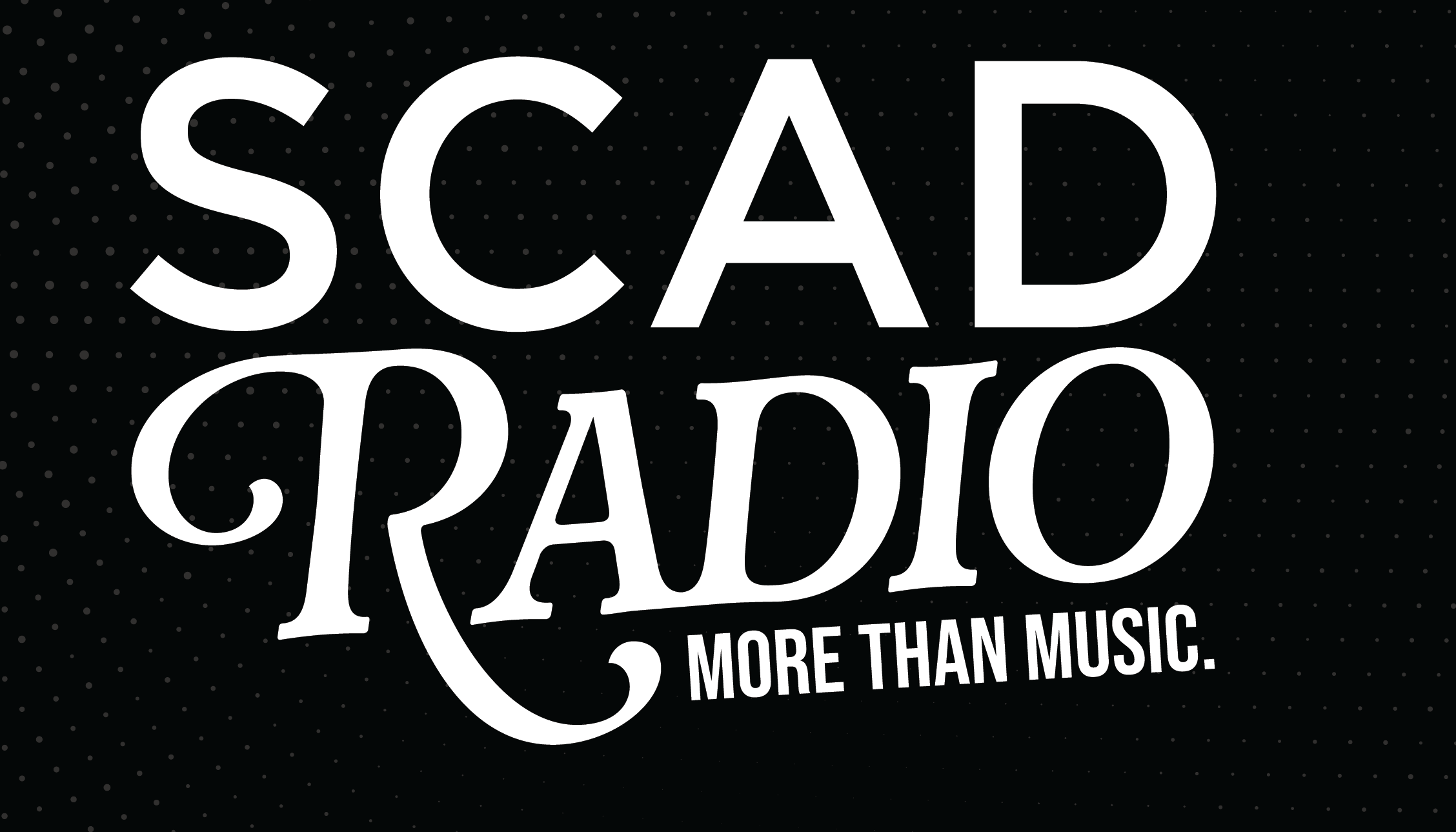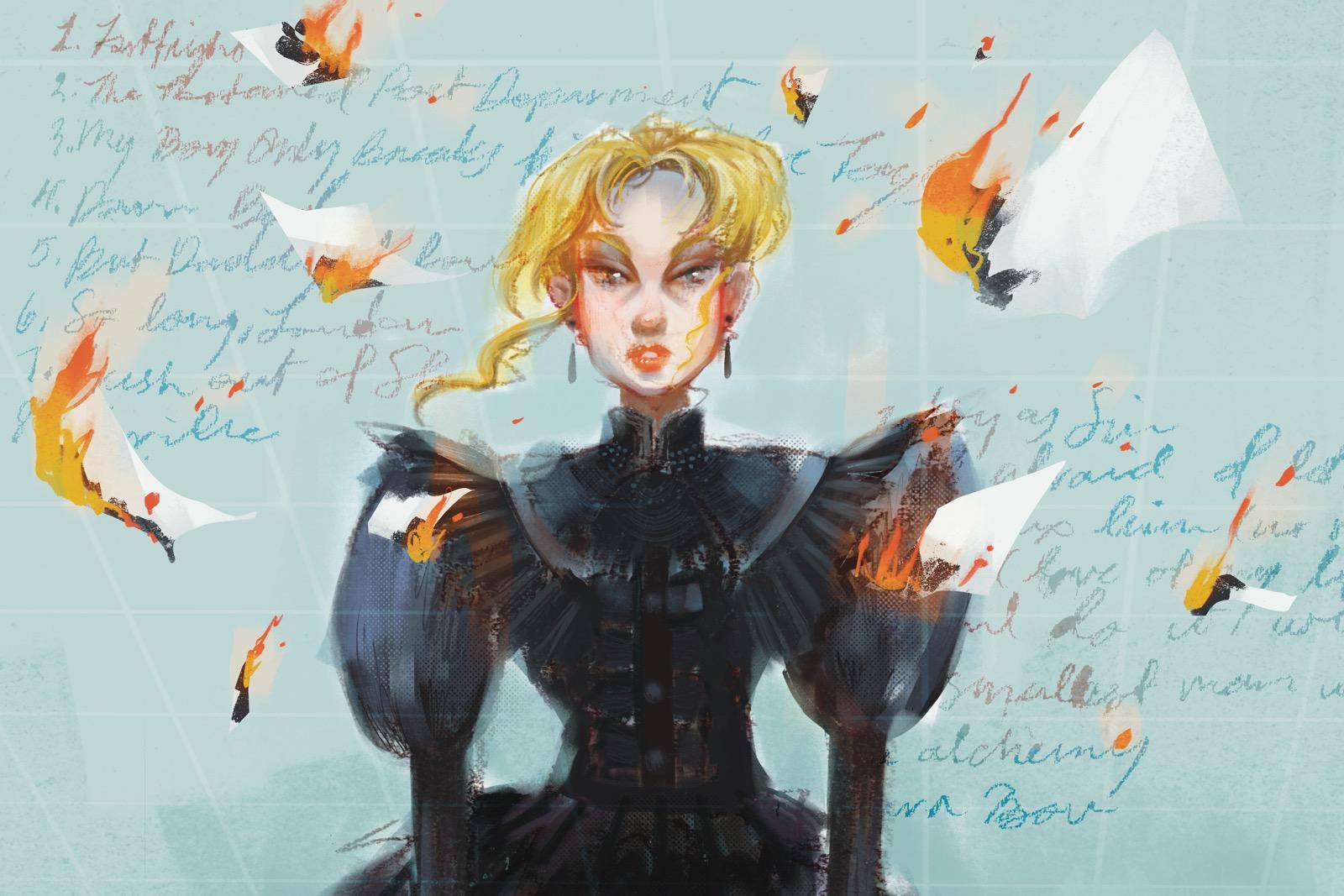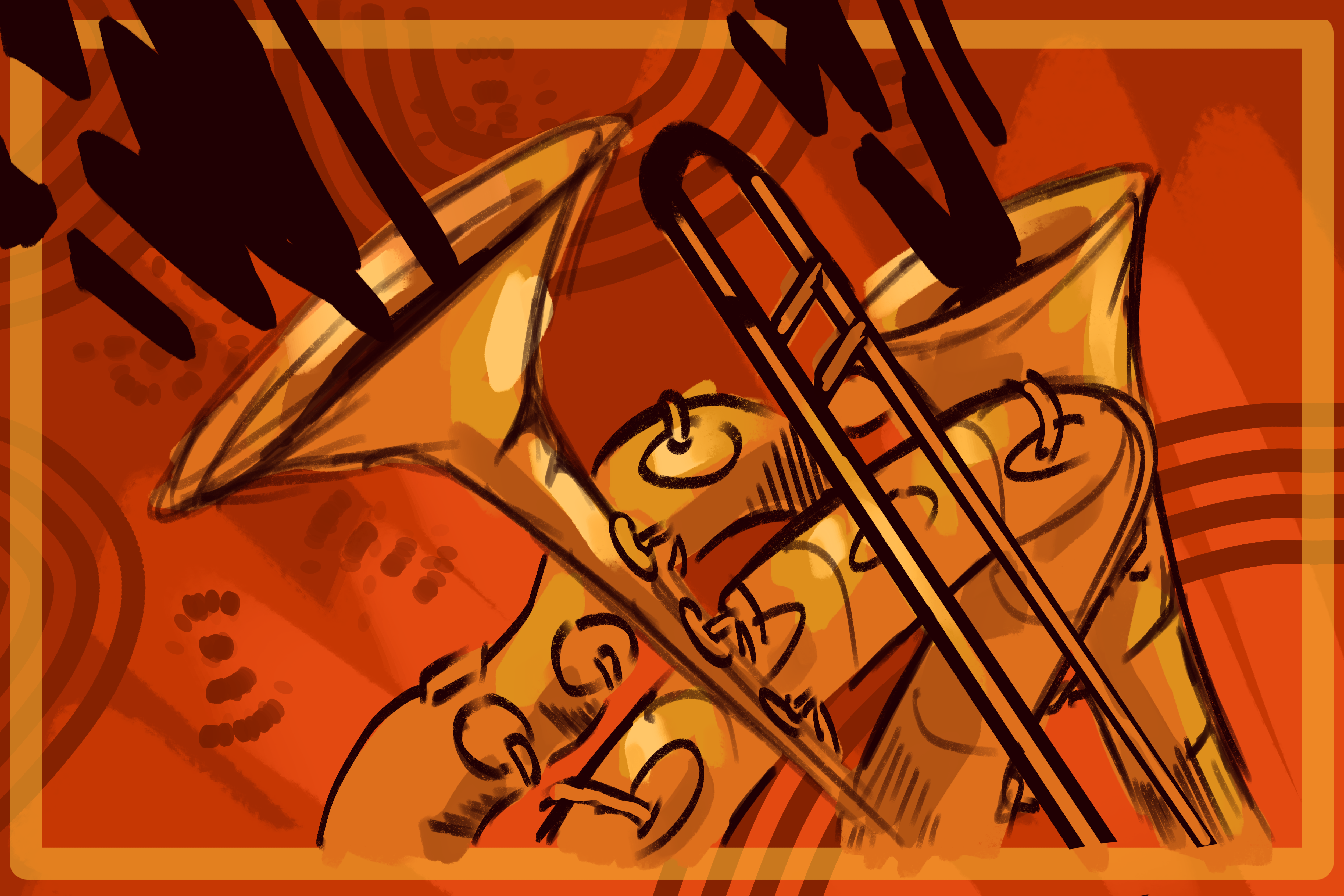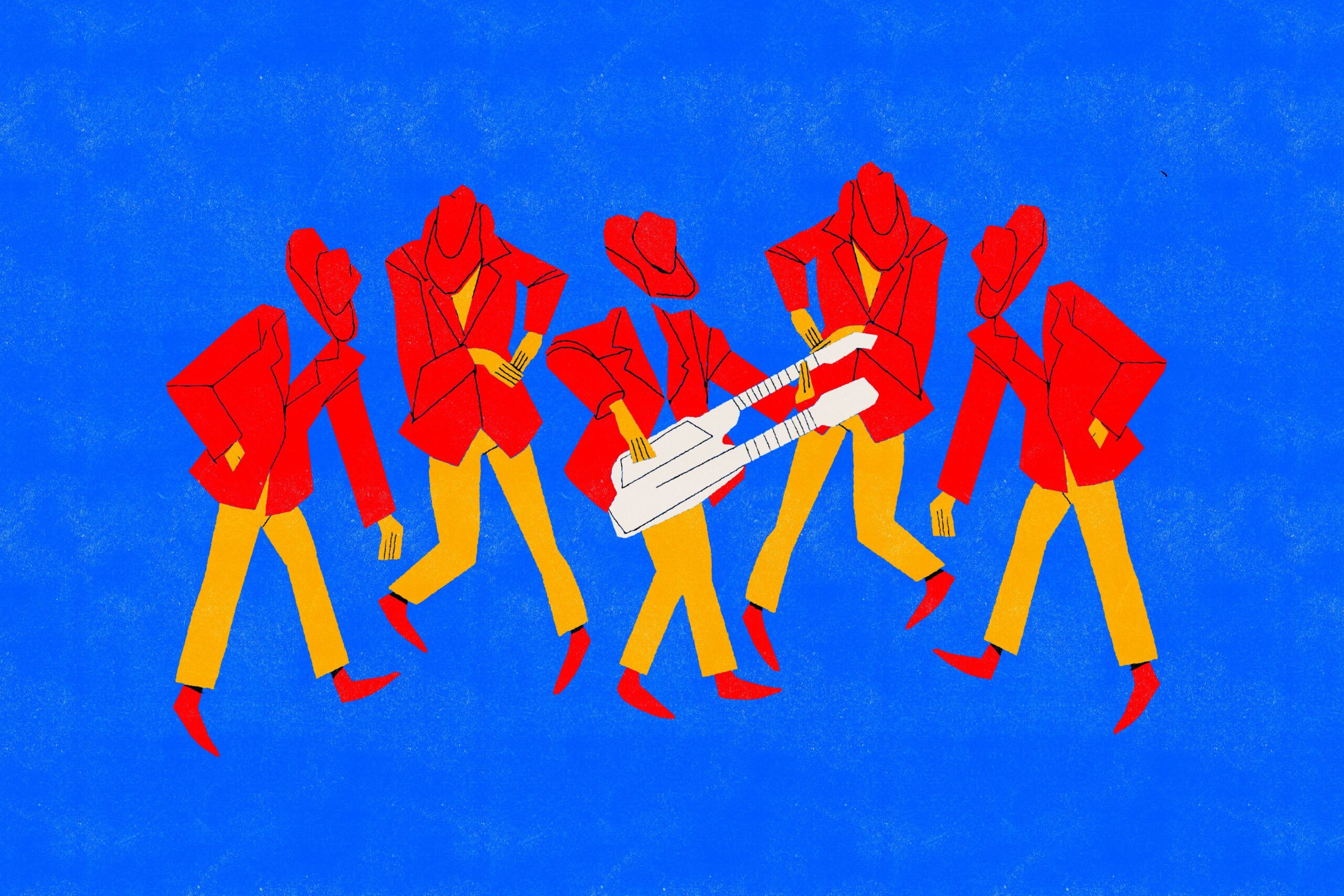Written by Ava Moon. Header illustration courtesy of Fon Leigh.
Enough about the synth-pop overlays and intricately placed details about Taylor Swift’s personal life in “The Tortured Poets Department.”
It was just over two weeks since the record-breaking release of Swift’s eleventh (double) studio album, and the chatter surrounding it had since ramped up more than ever post drop. It’s clear that she accomplished exactly what she intended to do, but with that comes the entire universe reviewing, speaking, or imparting their opinions of the album all over what Swift casually calls the “town”–the internet to us. This frenzy has captivated longtime fans (or “Swifties”) casual listeners, those who are indifferent, and even those who passionately hate the artist. So, what is it about this release that had the world gripped since the moment the clock struck midnight on April 19?
Perhaps it’s because everything Swift does is for public consumption–a prophecy she will likely never shake, or because this album feels too similar to her previous one, or even because its content completely missed the mark on three months’ worth of speculation. Regardless, the record, both the original and 2 a.m anthology, has done one thing right: it stays true to Swift’s intention.
From the get-go, it’s been abundantly clear that “The Tortured Poet’s Department,” also referred to as “TTPD” for short, has been an album rooted in poetry and narrative arc. Despite the obvious innuendos to several songs from the 1975’s discography (as much of the album is said to be about frontman Matty Healy) and the alleged overuse of synth-pop elements that feel “repetitive”, the lyrics are truly the key to understanding the success in “TTPD.” Swift has long been a poet and storyteller alike, and using her life experiences as inspiration for hit songs isn’t new for her, nor is creating her own characters for them. Each track provides an interwoven feeling of memoir and fantasy, aspiring to act as the marriage of Swift’s creative muses.
In “I Can Do It With a Broken Heart,” the opening line, “I can read your mind /She’s having the time of her life/ There in her glittering prime,” speaks directly to listeners, taking them on a journey through something only Swift can only relate to. She details going through a breakup while embarking on a worldwide tour, something that very few people can comprehend– especially at the level she’s at. It’s autobiographical in a way that feels like a work of creative nonfiction, with a slight touch of her signature ability to speak the same language as anyone going through a devastating breakup and being expected to show up for work, school or social events.
This is juxtaposed with songs such as, “Florida!!!” with Florence + the Machine, which Swift herself noted was inspired by episodes of “Dateline” where the criminals often skip town and go to Florida. The song reads as such, referencing certain plotlines like “the shitstorm back in Texas.” Perhaps this can be seen as metaphor for The Eras Tour beginning in Texas and coming to Florida as her breakup from long term boyfriend, Joe Alwyn became public (my own unwarranted speculation). But still it presents itself as something of a narrative about a cheating husband who disappeared and a timeshare in Destin, feeding into a “Folklore”-esque fantasy.
Even the album’s namesake exemplifies the ideology that “TTPD” intends to curate a body of work that shifts Swift’s songwriting narrative. “The Tortured Poets Department” tells an almost ironic story to listeners. Swift takes us through a very real, passionate, slightly bitter, story of lost love (what we can conclude most of the album is about) but likens her main character as someone from the “Tortured Poets Department.” She mocks the idea of her, and her lover being compared to Dylan Thomas and Patti Smith, calling them “modern idiots.”
In reality, she isn’t a “modern idiot.” Swift goes on to deliver 31 songs that facilitate the dissolution of her lyrical prowess being strictly fact or fiction. No matter your thoughts on her so-called monotonous synth-pop use, dating history, or every other opinion, there’s no doubt Swift gives us her most intentional album yet in “The Tortured Poets Department.”





